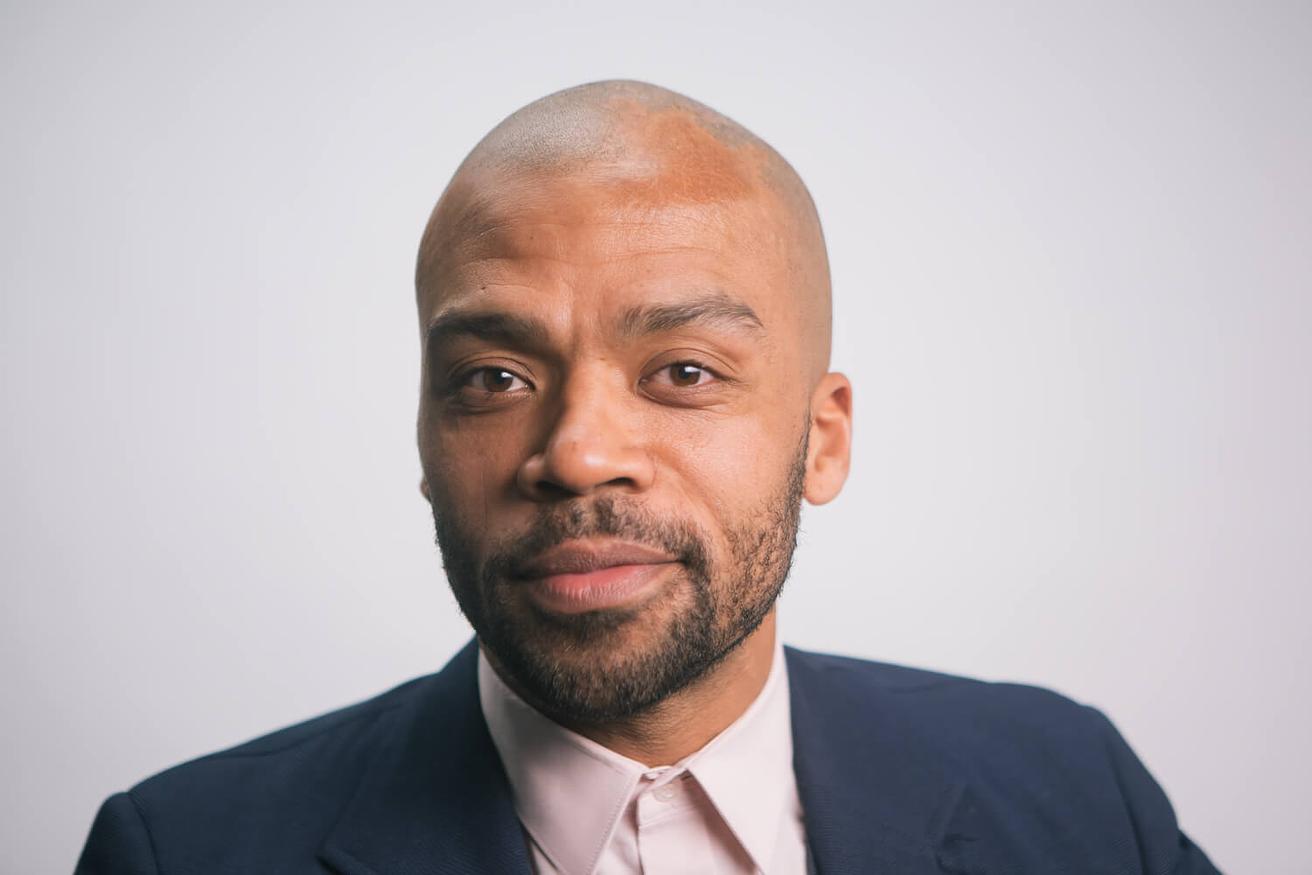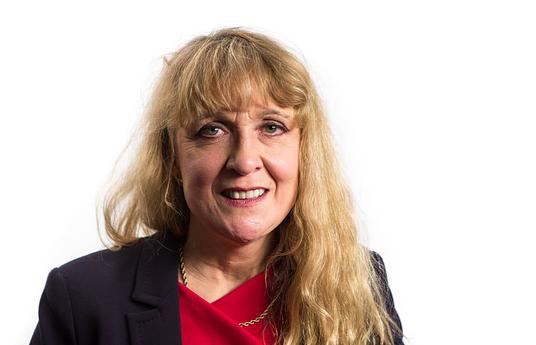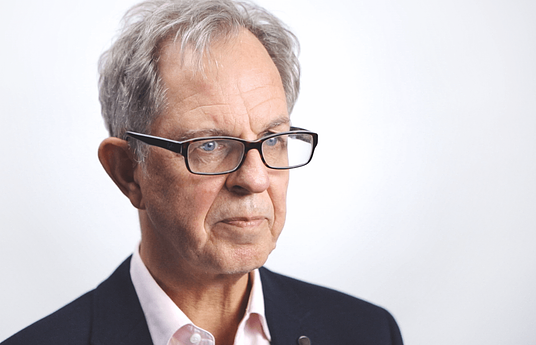Jani Toivola
Jani Toivola is in his second consecutive term as a member of the Finnish Parliament.
Skills
Do you feel the way we are educating children fully prepares them for the needs of the 21st Century?
The students are receiving a great deal of knowledge in school. However, I feel as though many of them leaving school have to consider what their abilities are and how to make use of the passions, knowledge and potential they have. By this I mean the social skills, community skills and skills on presenting oneself.
Even with all the knowledge that students have, many of them seem to struggle with things like how to look make eye contact or verbalize their knowledge. Currently these skills are developed outside of school and that divides young people into two groups. One group has the advantage of learning these skills from the community they are a part of. The other group consists of young people that lack in community or have difficulties integrating into one. They cannot compete with the other group.
Many adults have struggled with the same issue of not having the opportunity to developing good social skills. Social skills and getting along with others are the most important contributing factors in why there is inequality amongst young people. It feels almost elitist to embody these skills, although they should be the basic tools that everyone has the opportunity of learning.
How would you encourage students in their learning?
It is important for students to understand their personal connection to the wider society as well as the community in which they live in and find ways to contribute to both. Young people should recognize the fact that they can make a difference. Also, understanding that society doesn’t work on its own is important - it needs people that want to offer their experiences and knowledge to make it function.
It took me a while to grasp that knowledge is an asset. The more I know, the more optimistic I am about society. And the contrary is also true - the less I know, the more desperate I feel about matters as it is harder to see the big picture or figure out where you fit in. When you have knowledge, you experience a world of opportunity.
Teachers
What are the current key challenges for teachers?
Teachers aren't having enough opportunities to work in peace. I have visited numerous schools to talk about humane topics such as courage and everyone's right to their own identity. I talk about these topics through my own experiences adding an emotional aspect to the stories. I would say it takes about four minutes to get the students involved in the discussion. Students have a very real need to hear life stories and empathize.
I often feel as if students and faculty are in two different groups. Students communicate with an emotional aspect and faculty members aren’t confident in engaging with students in this way. They don’t know whether they should participate or withdraw from their world. The reason for this might be that teachers feel as if they cannot become vulnerable in front of their students and so they stay away from experiencing through emotion. I believe matters are easier to discuss once this experience is shared.
It’s important to critically assess the expectations we have towards teachers. Are our expectations antiquated and do they limit teachers to the extent that they struggle in doing their very best to enable children to learn what we need them to?
Assessment
Is PISA a good thing or should education be assessed from other points of view?
PISA is a part of education - of course it is an achievement to celebrate, but we cannot define the purpose of school or success exclusively on that. We should remain critical and take into account things such as how students are doing, how the education system supports students and what can be improved. I think PISA is a tool in assessing society and the future of individual students from a very narrow point of view. We shouldn’t base our ideas of success on one truth, our goal is to educate everyone through personalised learning paths.
I would regard a school system to be a success if a student from a background of uneducated parents realises that he or she can progress as far in education as he or she wants to. And vice versa - a student from a highly educated family may be able to say higher education is not for me and find a different career path. The main focus should be on finding solutions to empower both parties in succeeding in life. Currently these considerations do not fit onto the PISA-scale.
Environments
What are the challenges in having a traditional classroom?
Schools have gone through various changes but the classroom seems to remain static. Students sit at their own desks and listen to lectures from teachers.
It's important to link learning to real world problems. In addition, linking learning to social aspects is important as well. Learning environments needs to be stimulating for this to happen and learning must happen outside of school as well. Only then may students be able to transfer what they have learned and apply it. They may be able to teach one another - knowledge doesn't always have to be received from an adult or teacher. This emphasizes each person's strengths through peer to peer learning.
What do you think is an exciting learning environment?
I believe an exciting learning environment is one that is stimulating and makes use of a variety of colors, shapes and spaces. An environment that redefines formal, traditional perceptions. Chairs, desks and curtains could all look different to what we have now. Ultimately it all comes down to simple things.
When I go to a café that is built more like a living room and not part of a chain of cafés, I tend to feel inspired and my thoughts start processing in a creative way. It’s a ‘come as you are’ kind of place. Life is versatile, and the more formal our learning environments are, the more we maintain the perception that there is only one way to do things and one way to be a member of society.
Leadership
What is the purpose of the school?
This is a big question. I believe the purpose of school is to assist each individual in becoming a fulfilled human being. Essentially every human being has the elements and pieces to reach that potential.
In order for each individual to achieve important goals in life, it is vital to live in a society that promotes equality. One in which you have access to knowledge and you come across all sorts of role models and different backgrounds. I think it's important that we don't concentrate on just one truth when it comes to educating. We should have faith that the life choices of individuals are equally good and potentially successful, because they are chosen by the individual themselves.
What are the key challenges in Finland's current educational system?
During my visits to schools around Finland I have come to realise that one of the key challenges in the current educational system is the inequality between schools. We have set guidelines on how to educate, but ultimately the wellbeing of a school is dependent on good leadership.
Many of the factors that are vital to the growth and development of young people do not play major roles in the current system. That is why the development of life skills is up to the adults that are capable of teaching them. To improve the system we need to add more soft skills and lessons in wellbeing. We have been extremely successful at teaching content, but we have work to do in more humane matters. This will be a meaningful challenge in the future.
Personal memory
Do you have a favorite moment from your own education?
The first thing that comes to mind is starting grade seven at a new school, after my family had moved to a different part of Helsinki. I had always been below average in school and I struggled to find my own place in it. I was restless and prefered to be on stage rather than at my desk.
In grade seven my history and homeroom teacher was a woman who was truly untraditional as a teacher. She was the first teacher or adult to break the model we perceived adults and teachers had. She would sit on top of a desk, she wore jeans and she was loud. She laughed, yelled and sometimes got furious at us, but all the same she had the ability to let go of everything as well. She was definitely a teacher that people had all kinds of opinions about. Many felt that her behavior wasn't appropriate for a teacher. To me she was an example of how I could be the person I am even in school. I felt like I didn't need to conform. That year my report card was better than ever.
The next 100 years
The next 100 years of Finnish education should... ensure that our education system provides a diverse model for each young person to reflect on.
I hope the schools will be able to offer more opportunities for children to be a girl or boy, man or woman, student or teacher. The schools should recognize the different ethnic and cultural backgrounds of students and sexual minorities, and promote a broad view of identity in a bold way. I believe that when this happens, schools will produce lots of happy, good citizens.


